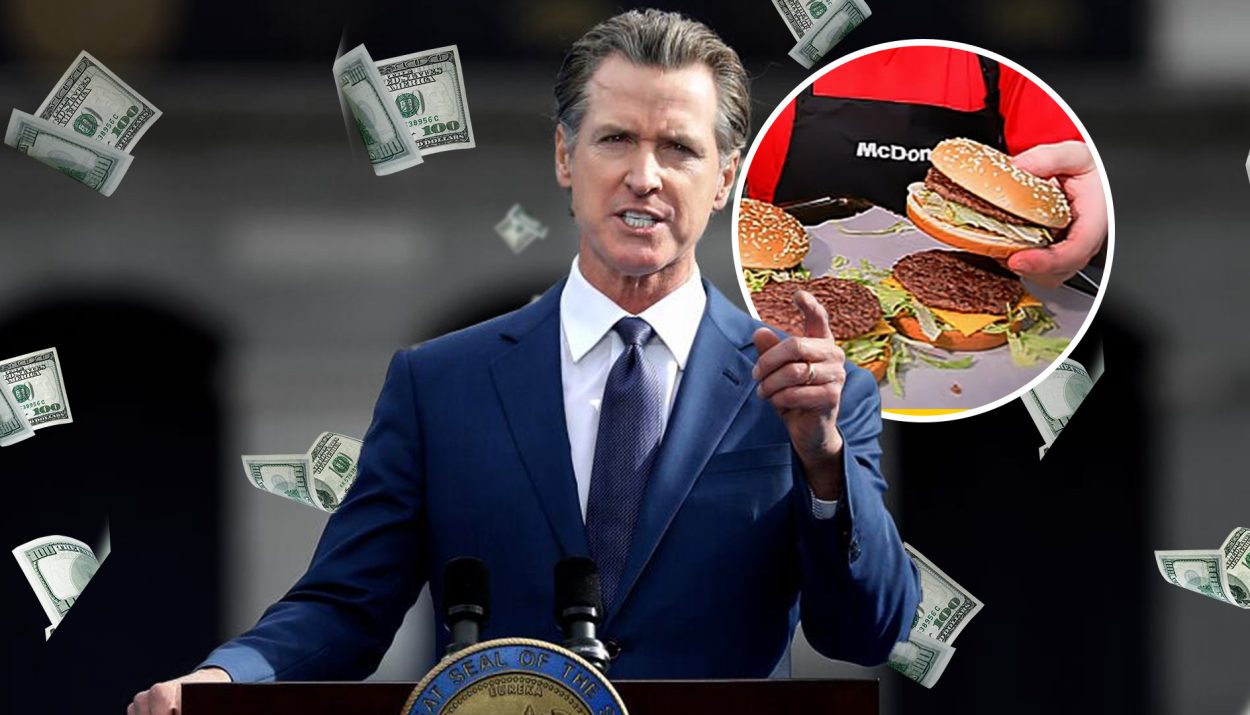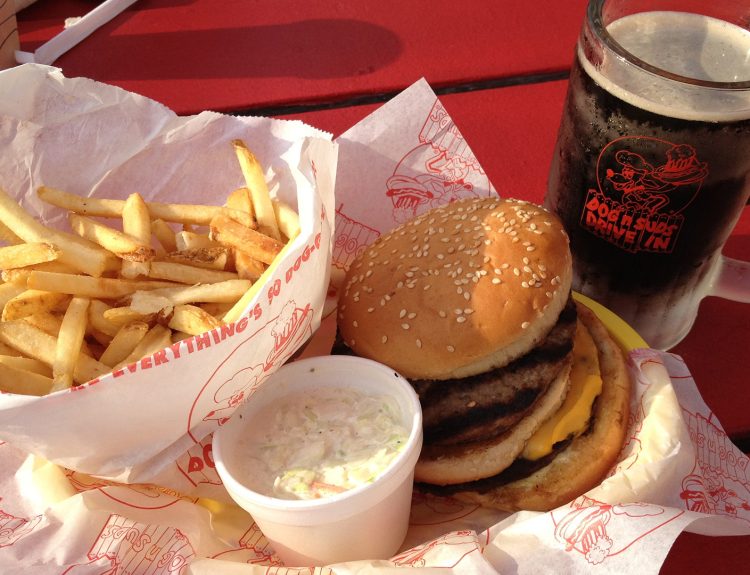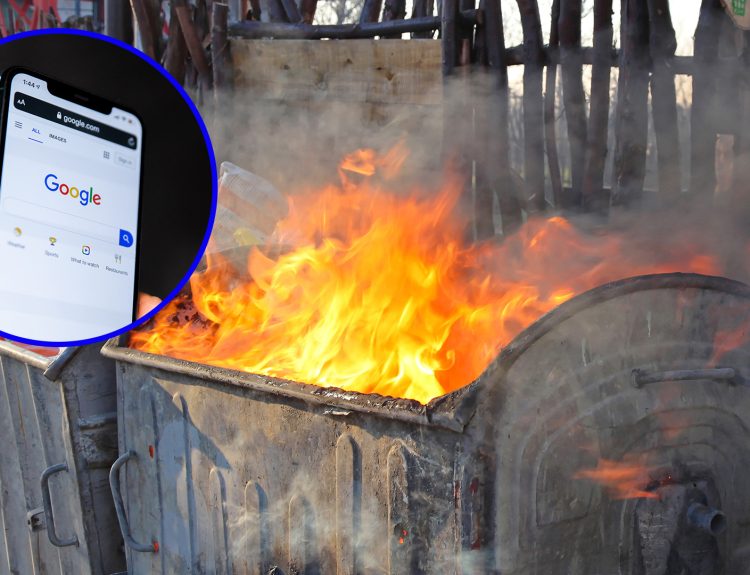Minimum wage debates have been raging in the US for years. When the minimum wage increased to $15 in some states, it was met with celebration from some quarters and lamented in others. With California hoping to raise its minimum wage to $20 an hour, this could impact both workers and consumers, but not in a way they like.
Fast Food Workers Will See An Increase in Wages
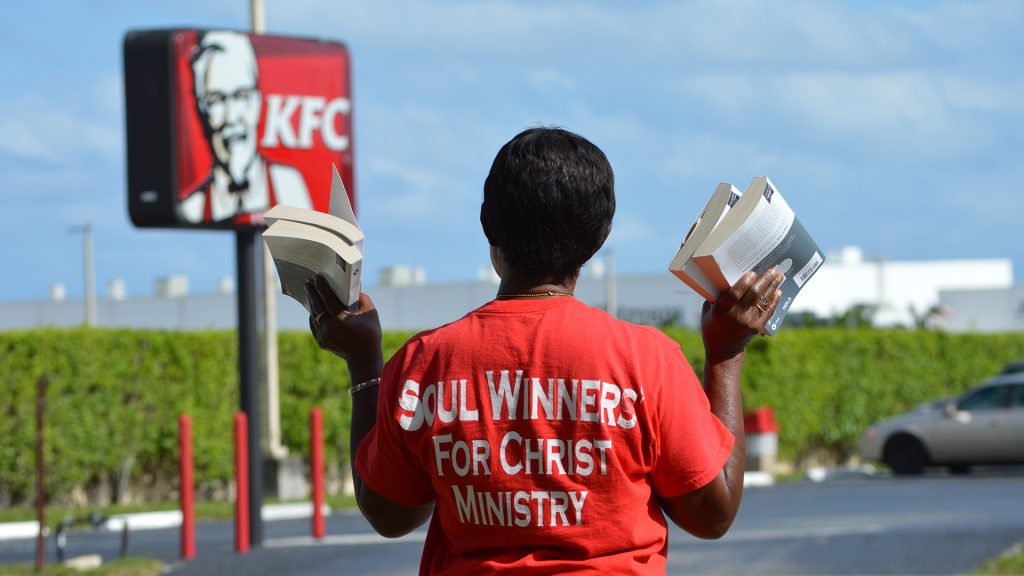
With so many people worried about the economy, California’s legislative body intends to make fast food companies pay their workers a minimum wage of $20 an hour starting in April. The exception is companies that make their own bread on-premises, like Panera or Subway.
Fast food workers, of course, are celebrating, but consumers and the fast food chains themselves are complaining about the rising cost of doing business. However, both of these cohorts might have to adapt to a changing landscape. This legislation might set the stage for other states to do the same.
Meddling in The Market Has Hidden Consequences
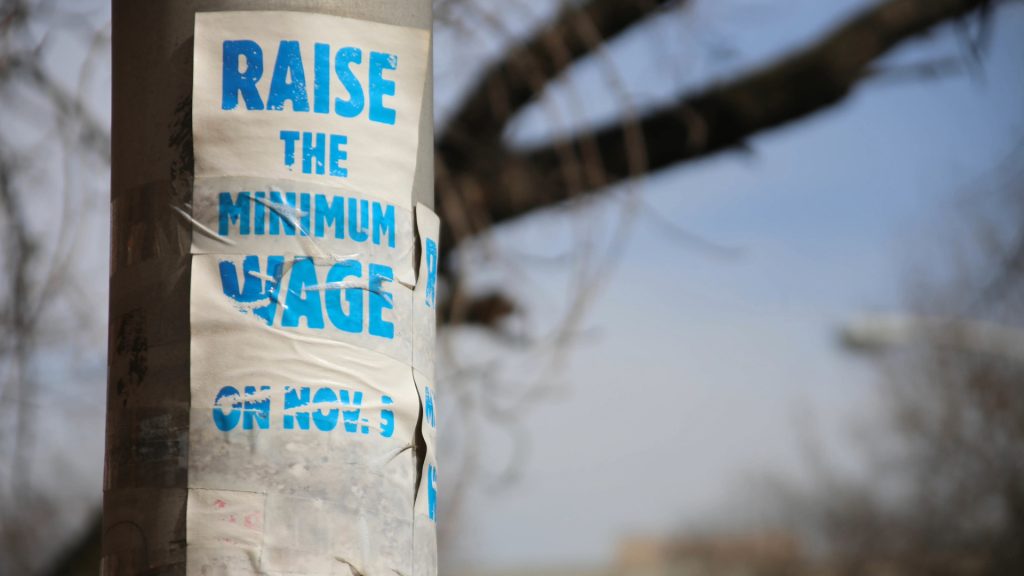
Economists have realized for a long time that markets are impossible to predict. Most experts in the field refer to something called “the invisible hand” of the market. This term, coined by Adam Smith, refers to how the economy benefits everyone despite no one actively seeking any benefit from it aside from their own.
Unfortunately, the government has always sought to control the economy in one way or another. By raising the minimum wage, the aim is to give workers a better living standard. Unfortunately, meddling this way usually has unforeseen circumstances. History has taught us a lot about this.
The Lessons Of The Cobra Effect are Quickly Forgotten

Economists have seen governmental policies designed to benefit the population backfire in the past. One of the most well-known examples of this happened in Delhi, India. The government offered a bounty for cobra hoods to reduce their numbers on the streets.
Enterprising locals quickly killed all the wild cobras, but money was still to be made. They took to breeding cobras and killing them to sell their hoods to the government. It’s an excellent example of no loophole ever goes unexploited. The outcome is rarely what the government expects.
An Experiment Gone Wrong
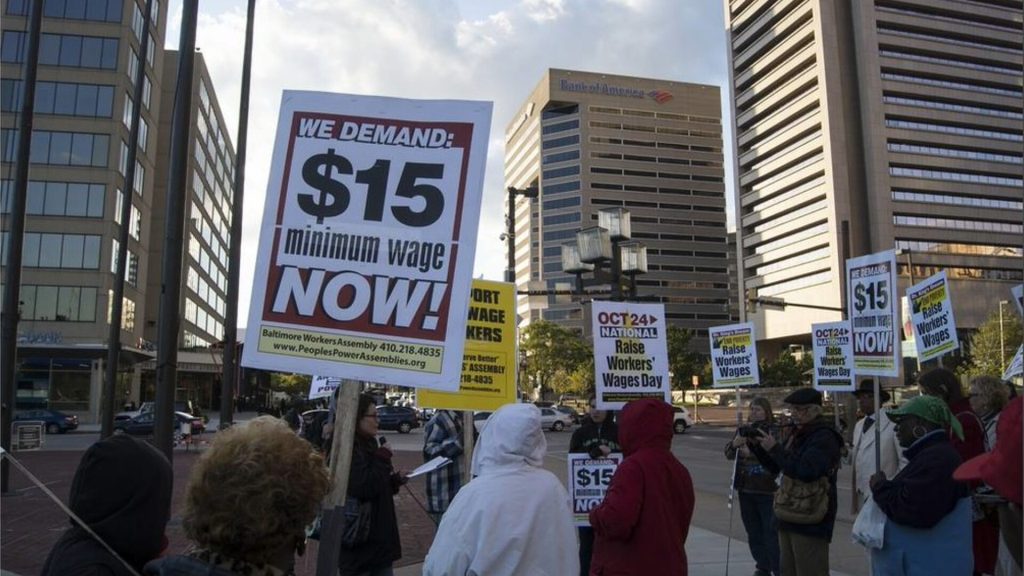
When the minimum wage was raised to $15 in Seattle in 2015, many economists studied the overall outcome of the raise. The numbers don’t tell the whole story, however. While the most significant fears of massive layoffs at the lowest income level never happened, what did happen was a bit less easy to track.
Most businesses let go of some of their lowest-paid workers and cut the hours of the remaining workers. While that might not sound significant, many of these minimum-wage workers barely made ends meet with their hours. The cut in hours didn’t make up for the money they were making.
Raising the Minimum Wage Further
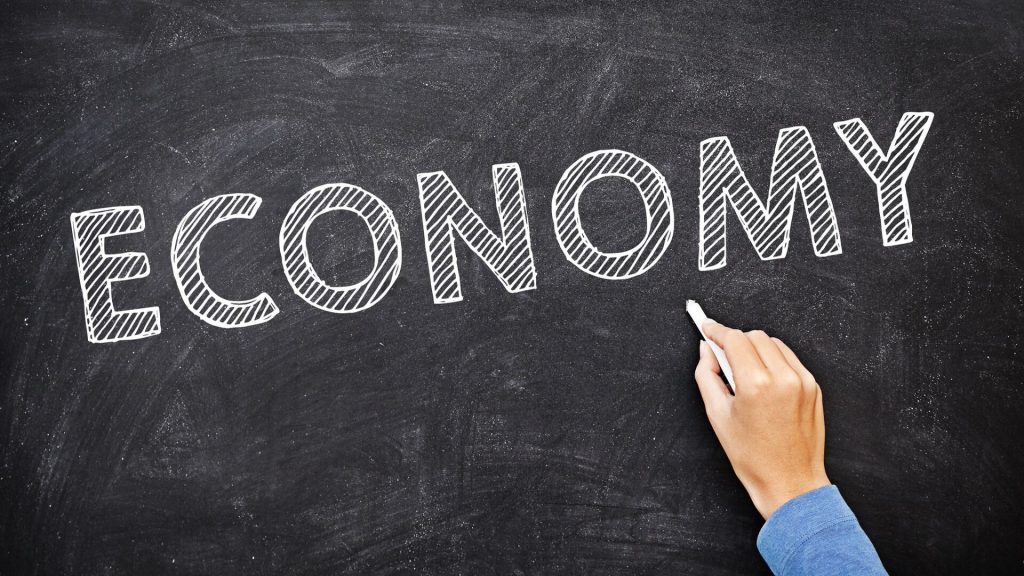
One of the things that Joe Biden did when he came into power was raise the federal minimum wage to $15 an hour. Despite the warnings from Seattle’s experiment, this minimum wage increase went forward unabated. Today, the fallout shows up in an economy that’s reeling.
The $ 20-an-hour increase in the wage is just the latest meddling governments have been doing to the market. While the effects are generally unpredictable, the market self-corrects and workers are the first to pay for the government’s meddling.
Modern Equivalents to The Cobra Effect

What could be the worst that could happen? Rising costs have made businesses rethink how they interact with workers and the public. Pizza Hut, for example, is already laying off over a thousand delivery drivers in California. The company needs to remain profitable, and expenditure needs to be cut.
Naturally, the first thing to take a hit would be the place where the most recent costs were incurred. In this case, it’s the workers. With worker costs rising, the company can manage with fewer delivery drivers, allowing their wages to pad out the remaining workers’ pay rises.
Consumers Will Take a Hit As Well
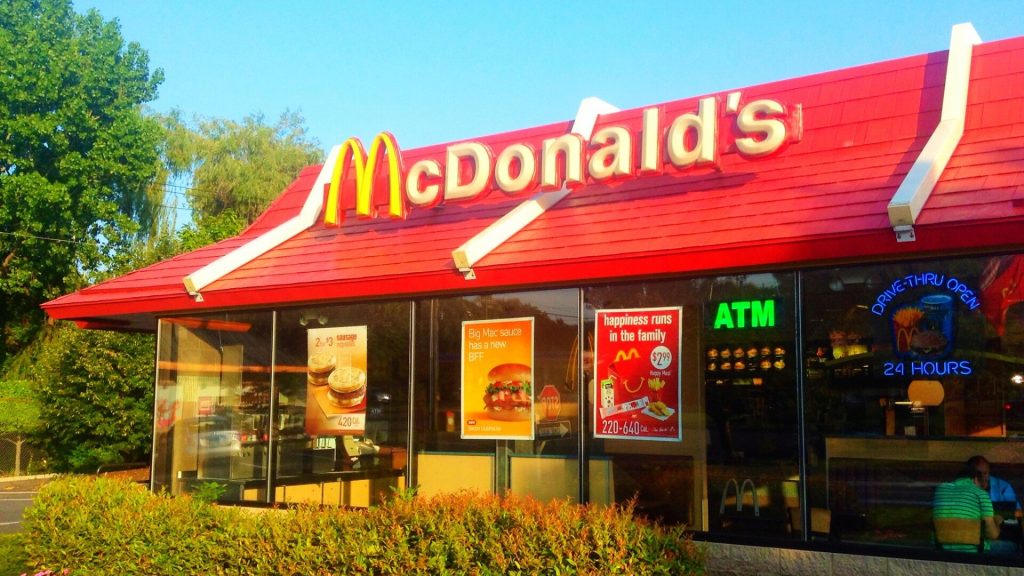
Across the country, McDonald’s restaurants have raised the prices of their offerings to keep up with inflation. Chipotle has also done the same, with prices increasing in all locations. However, the increase in minimum wage means that Californians will have to pay even more for their fast food.
Businesses like these can only exist because the operating price is relatively low. The increase in minimum wage means these businesses will have to pass on some of the increased costs to consumers. It’s a matter of time before they will no longer be sustainable within the state.
Robots Will Start Replacing Workers
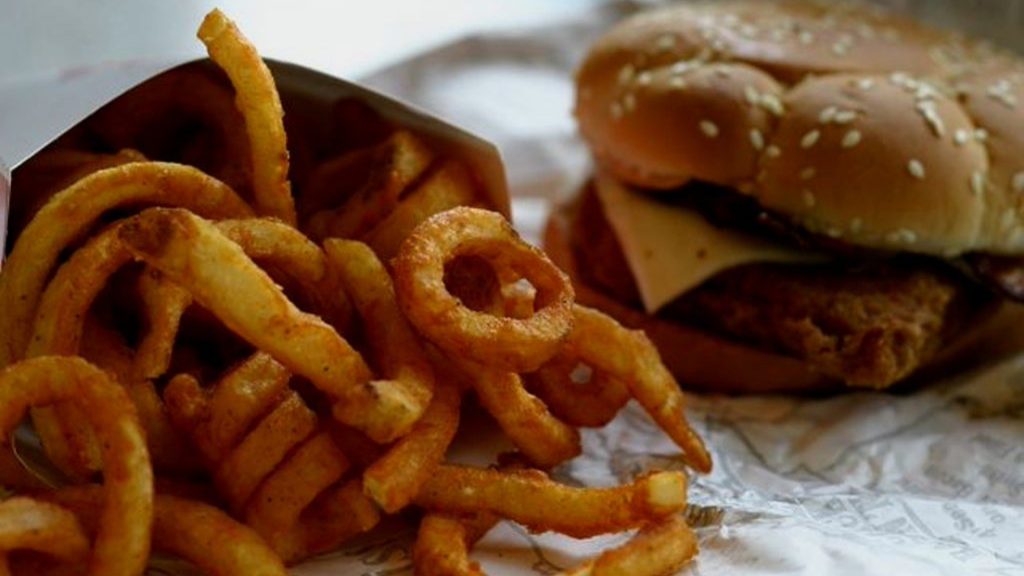
One of the lesser-seen problems in raising the minimum wage across the country is the proliferation of robotic registers to lower employment costs. Because these changes were made over time, the impact was delayed and didn’t show up as a significant change in employment numbers.
Fast food chains will have no problem replacing their cashiers with robotic registers to cut costs. Starbucks, Dominos, and Chipotle are already showing off their newest line of automated self-service stations. The increase in minimum wage will just spur adoption in California.
Minimum-Wage Jobs are Still Valuable
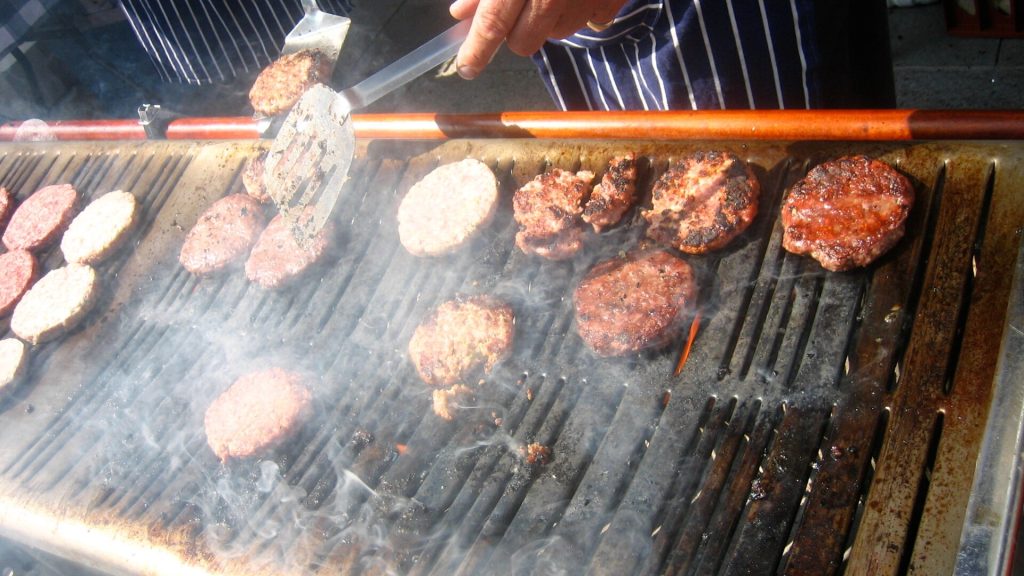
One of the core reasons minimum wage jobs matter is because of what they teach. Most kids started as minimum-wage workers, learning the value of teamwork and responsibility in a working environment. These lessons carried forward into their lives as adults. However, that might no longer happen.
With these jobs now being more expensive for businesses to offer and already being occupied by workers long-term, they will no longer serve the purpose they once did. It could change the dynamic of the working environment significantly. Fast food would never be the way it used to be.
Is $20 Too Much for Flipping Burgers?
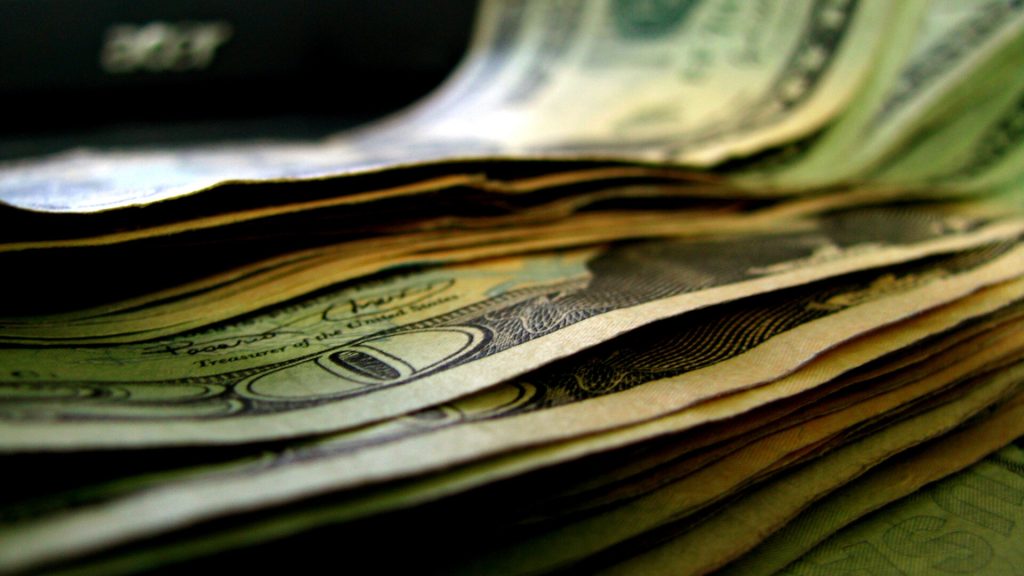
The issues fast food companies have in California because of the new law will see many minimum wage workers losing out on hours or their jobs. However, as with everything related to economics, the market will eventually find its level.
Whether Californians will value a burger that is made just like everywhere else but costs more remains to be seen. If they don’t, these companies will have to make even more cuts to lower their costs to an acceptable level. It could mean the end of fast food in California.

